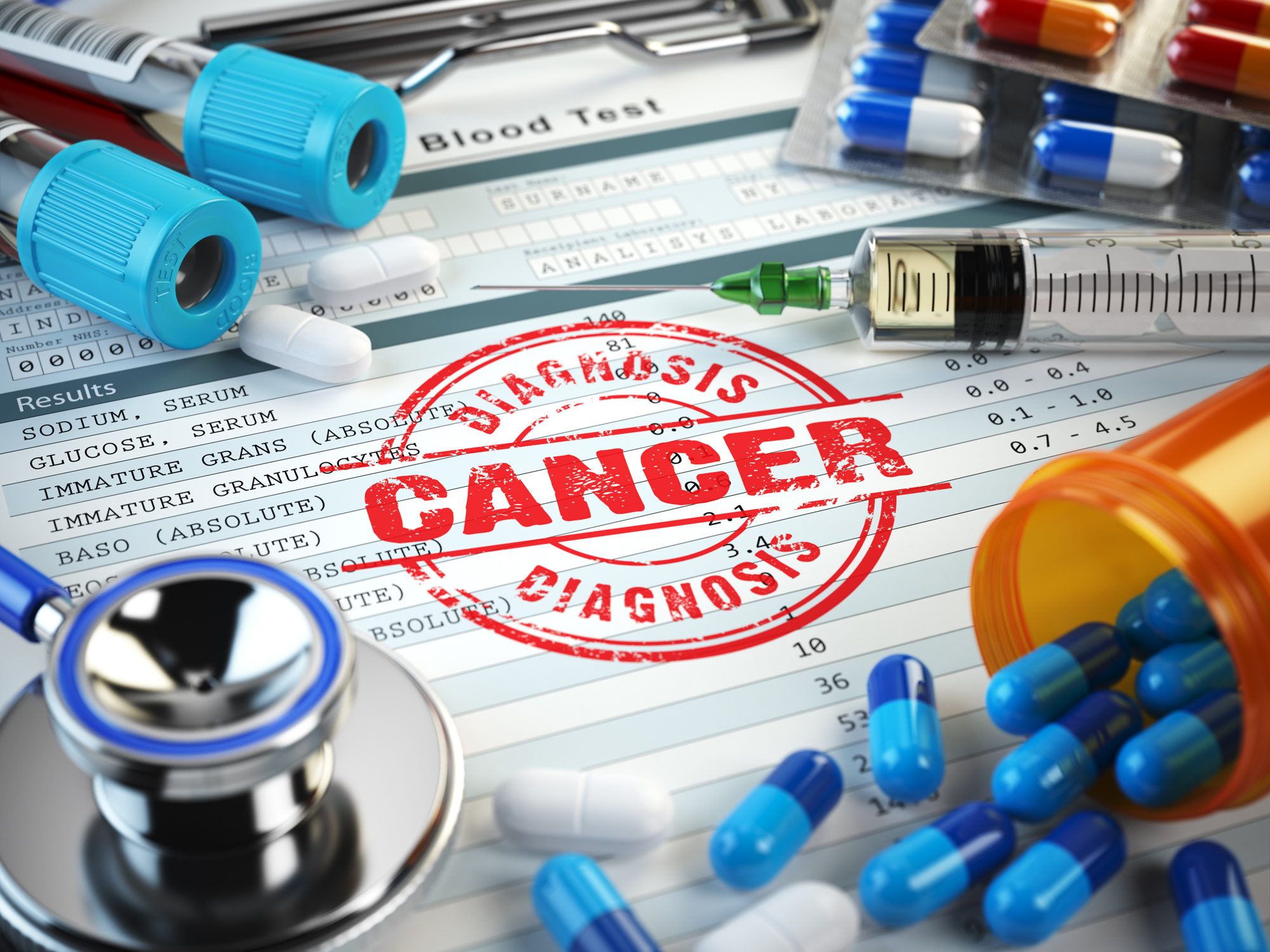Get Easy Health Digest™ in your inbox and don’t miss a thing when you subscribe today. Plus, get the free bonus report, Mother Nature’s Tips, Tricks and Remedies for Cholesterol, Blood Pressure & Blood Sugar as my way of saying welcome to the community!
Don’t trade high blood pressure for pancreatic cancer

About 75 million Americans have high blood pressure. That’s a lot of people… roughly one in three. Are you one of them?
If you are, you might be treating it with medication. Most people do, because leaving it untreated could have serious consequences, like an increased risk of heart attack and stroke.
But what if your high blood pressure medication comes with serious consequences too?
Depending on the type you’re taking, it may come with a consequence that’s as serious as they come — an increased risk of pancreatic cancer.
Short-acting calcium channel blockers and pancreatic cancer
A recent study from researchers at Baylor College of Medicine found that taking a type of blood pressure medication known as short-acting calcium channel blockers increases the risk of pancreatic cancer.
Now, all cancer is bad. But pancreatic cancer is particularly bad, because it has one of the lowest survival rates.
Yet according to this latest study, women who take short-acting calcium channel blockers unknowingly put themselves in pancreatic cancer’s path. In fact, their risk was more than twice as high if they took this type of blood pressure medication for three years or more.
The study included 145,551 postmenopausal women. Researchers tracked their health for about 14 years. At the end of the study, researchers found that women who took a short-acting calcium channel blocker were 107 percent more likely to develop pancreatic cancer than women who took other types of blood pressure medication.
Women who took an extended release calcium channel blocker (a medication that’s released slowly over time) were a little better off. They only had 12 percent increase in their pancreatic cancer risk.
Managing your high blood pressure without boosting cancer risk
So, what does all this mean for you?
It means if you’re taking short-acting calcium channel blockers, you’ll want to consider safer options for lowering your BP. If you’re taking these drugs and you have a family history of pancreatic cancer, you should head to your doctor’s office pronto to talk about your options.
Some popular brand names of this type of drug are Adalat, Procardia, Cardene, DynaCirc Cardizem, Cartia, Dilacor, Calan, Covera, Isoptin and Verelan. Now, if you’re taking one of these drugs don’t stop taking it all willy-nilly without talking to your doctor first. Going off any medication requires the support of a medical professional who can help you do it safely.
Related: 1 nutrient and 15+ foods that lower blood pressure
In the meantime, if you’re interested in exploring natural options for lowering your blood pressure, you can start:
- Eating more vegetables, fruits and whole grains. A healthy, whole food diet is an effective way to battle blood pressure. Celery and beets have been shown especially effective at lowering blood pressure.
- Exercising. Get at least 150 minutes of moderate to vigorous exercise to keep BP balanced… about 30 minutes a day.
- Giving up drinking and smoking. Cigarettes and alcohol will give you sky high blood pressure readings.
- Taking time to destress. Stress sends your blood pressure soaring too. Remove unnecessary stressors from your life, and practice relaxing activities like meditation, yoga and tai chi.
- Trying supplements that can help manage blood pressure, like omega-3s, vitamin D3, calcium/magnesium, potassium and CoQ10.
Editor’s note: Are you feeling unusually tired? You may think this is normal aging, but the problem could be your master hormone. When it’s not working, your risk of age-related diseases skyrockets. To reset what many call “the trigger for all disease” and live better, longer, click here to discover The Insulin Factor: How to Repair Your Body’s Master Controller and Conquer Chronic Disease!
Sources:
- High Blood Pressure Frequently Asked Questions (FAQs) — Centers for Disease Control and Prevention. Retrieved April 24, 2018.
- Attention women: Your choice of blood pressure medicine may affect your risk of pancreatic cancer — MedicalXpress. Retrieved April 24, 2018.
- The 10 Deadliest Cancers and Why There’s No Cure — LiveScience. Retrieved April 24, 2018.












